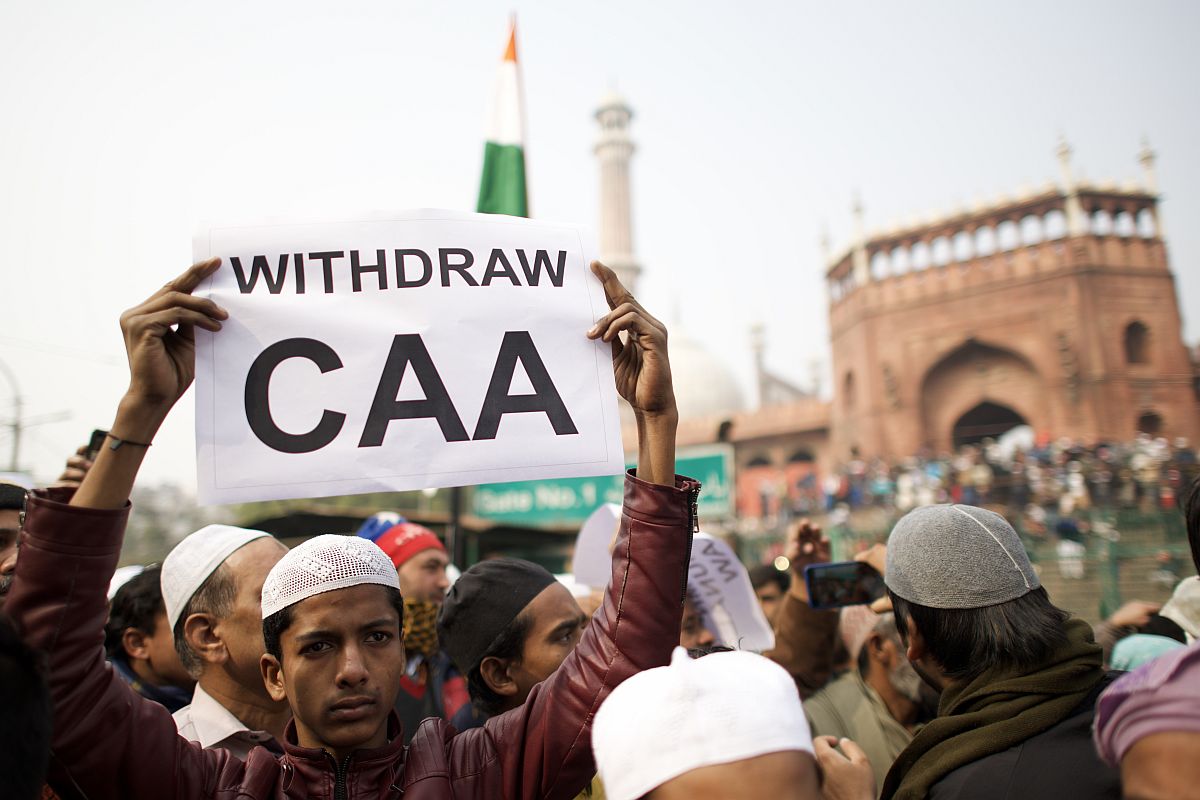Ahead of the Friday prayers, restrictions have been imposed in several sensitive areas of Delhi, including Seelampur where protests turned violent on December 17.
Section 144 — banning assembly of four or more people — has been imposed in the area near Red Fort, a large part of North East Delhi district including Seelampur and around UP Bhawan in anticipation of the protests.
Advertisement
According to the police, section 144 has been put in place in 12 police station areas in North East Delhi.
About 15 companies of police force have been deployed in North East Delhi area in the anticipation of protests.
The police conducted flag marches in Seelampur, Jafrabad, Welcome and Mustafabad areas and appealing to people to maintain peace.
Heavy police deployment has also been made around the Jama Masjid area where thousands joined protesters last week to march to Darya Ganj area where stones were pelted at cops and properties were vandalized.
Meanwhile, the Yogi Adityanath government has again, for the second time this month, suspended the internet services in 21 districts of the state including Lucknow till Friday midnight.
The internet shutdown is a preventive measure in view of Friday prayers and possible protests against the Citizenship Amendment Act.
Police took out a flag march in sensitive areas of Gorakhpur and held meetings with peace committees in all circle and police station areas. District Magistrate Vijyendra Pandiyan said paramilitary personnel and drones equipped with cameras will also be deployed to keep an eye on the situation.
Over 30 people have died in protests, that turned violent in several areas across the country, since the Citizenship Amendment Bill was signed by President Ram Nath Kovind on December 11 and became a law.
The amended law seeks to provide citizenship to Hindu, Sikh, Buddhist, Jain, Parsi and Christian communities who have faced religious persecution in Pakistan, Bangladesh, and Afghanistan and have arrived in India on or before December 31, 2014.











